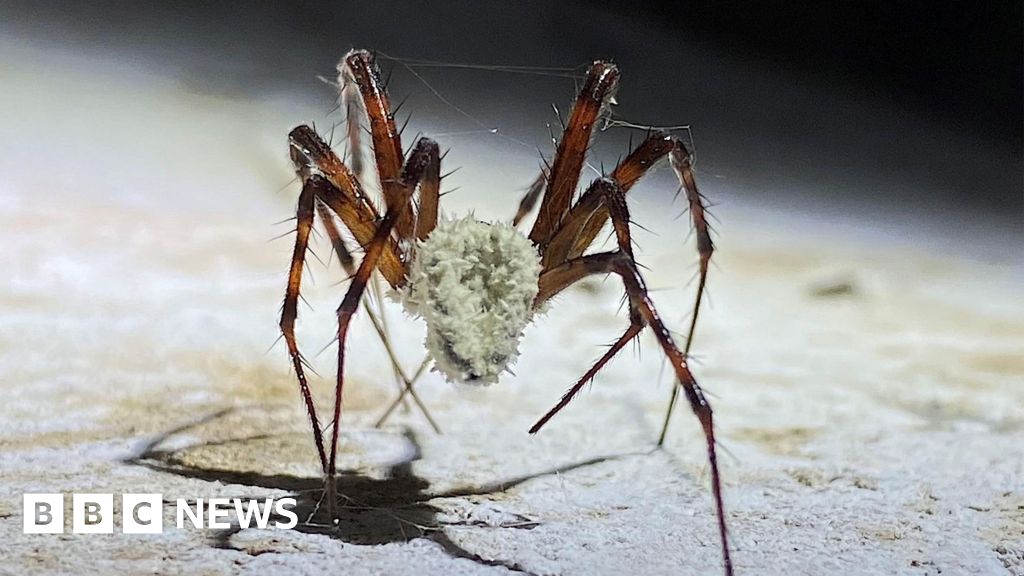
"The project aims to sequence about 7,000 fungi specimens from Kew's Fungarium, making the data publicly available to aid researchers globally in discovering new medicines and chemicals."
"Kew's Fungarium, housing over a million specimens, is important for studying the evolution and conservation of fungal diversity over time, revealing changes in species distribution."
"Shaheenara Chowdhury emphasizes the significance of fungi, which have been overlooked in science, but are essential for understanding biodiversity and ecosystem health."
"The digitization initiative, supported by the National History Museum and government funding, seeks to enhance awareness and preserve vital fungal biodiversity through online access."
The Royal Botanic Gardens, Kew, is undertaking a significant project to digitally archive its Fungarium, one of the largest collections of fungi globally, which houses over a million specimens gathered over 175 years. This initiative involves creating high-resolution images and transcribing data for researchers worldwide. Shaheenara Chowdhury highlights the importance of fungi, noting their often-overlooked role in biodiversity. The project also includes sequencing 7,000 type specimens, with the goal of accelerating the discovery of new chemicals and medicines, as many fungal species remain undescribed.
Read at www.bbc.com
Unable to calculate read time
Collection
[
|
...
]